Understanding Sex Offender Registries: A Comprehensive Look at the Massachusetts System
Related Articles: Understanding Sex Offender Registries: A Comprehensive Look at the Massachusetts System
Introduction
With enthusiasm, let’s navigate through the intriguing topic related to Understanding Sex Offender Registries: A Comprehensive Look at the Massachusetts System. Let’s weave interesting information and offer fresh perspectives to the readers.
Table of Content
Understanding Sex Offender Registries: A Comprehensive Look at the Massachusetts System
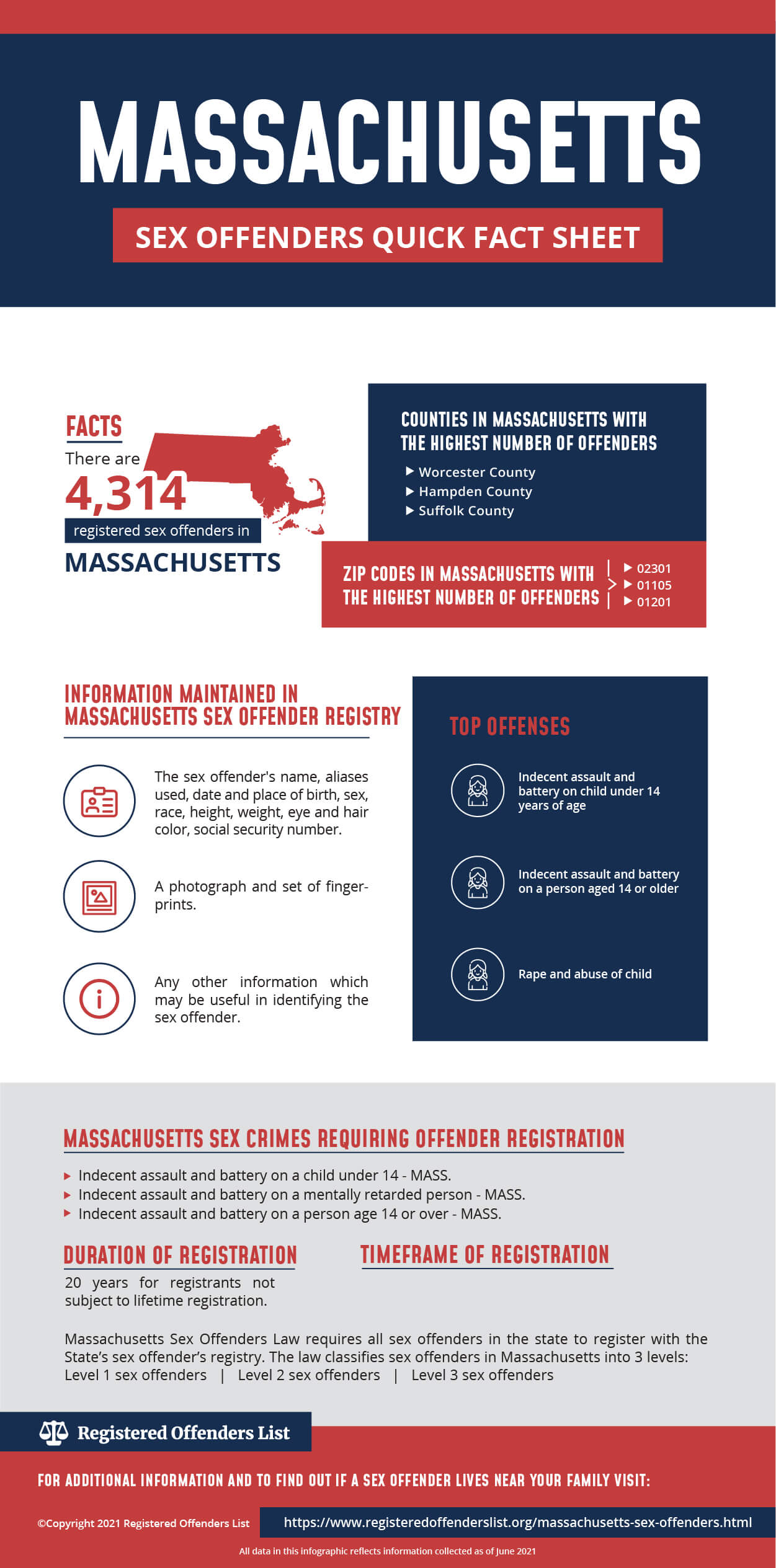
The safety and well-being of communities are paramount, and a crucial aspect of this endeavor involves the management of individuals convicted of sex offenses. Massachusetts, like many other states, employs a multifaceted approach to address this complex issue, including the creation and maintenance of a public sex offender registry. This registry serves as a vital tool for communities, law enforcement, and individuals to access information about registered sex offenders residing within the state.
The Purpose and Function of Sex Offender Registries
Sex offender registries are designed to enhance public safety by providing a centralized repository of information on individuals convicted of certain sex offenses. The primary goals of these registries are:
- Transparency and Information Dissemination: By making information about registered sex offenders readily available, communities can make informed decisions about their safety and take necessary precautions.
- Community Protection: Access to this data empowers individuals, families, and organizations to take proactive steps to safeguard themselves and their loved ones.
- Enforcement and Monitoring: Law enforcement agencies use registry data to monitor registered offenders, ensure compliance with registration requirements, and investigate potential violations.
- Rehabilitation and Risk Assessment: The registry can serve as a tool for assisting in the rehabilitation and risk assessment of sex offenders.
The Massachusetts Sex Offender Registry Board (SORB)
In Massachusetts, the responsibility for managing the sex offender registry rests with the Sex Offender Registry Board (SORB). This board, established by the state legislature, is tasked with:
- Maintaining the Registry: The SORB oversees the collection, verification, and maintenance of data on registered sex offenders.
- Classifying Offenders: The board assigns risk levels to registered sex offenders based on the severity of their crimes and the potential for future offenses.
- Public Access: The SORB manages the public website where information about registered sex offenders is made available.
- Enforcement: The board investigates potential violations of registration requirements and works with law enforcement to ensure compliance.
Understanding the Information Available on the Registry
The Massachusetts sex offender registry provides a range of information about registered individuals, including:
- Name: Full legal name of the registered offender.
- Date of Birth: Date of birth of the registered offender.
- Address: Current address of the registered offender, subject to certain restrictions.
- Photograph: A photograph of the registered offender.
- Offense: Details of the sex offense for which the individual was convicted.
- Risk Level: The assigned risk level based on the severity of the offense and the potential for future offenses.
Important Considerations and Limitations
While the Massachusetts sex offender registry serves an important role in public safety, it’s crucial to understand its limitations:
- Not a Guarantee of Future Behavior: The registry does not predict future behavior. Registered offenders may not re-offend, and the registry should not be used to make assumptions about an individual’s character or potential for violence.
- Limited Information: The registry does not contain complete information about an offender’s past or current circumstances.
- Potential for Misuse: The registry can be misused for discrimination or harassment. It’s essential to use the information responsibly and ethically.
- Privacy Concerns: The registry raises privacy concerns for registered offenders. There is a delicate balance between public safety and protecting the rights of individuals.
Frequently Asked Questions (FAQs) about the Massachusetts Sex Offender Registry
Q: Who is required to register as a sex offender in Massachusetts?
A: Individuals convicted of certain sex offenses are required to register with the SORB. The specific offenses that trigger registration requirements are outlined in Massachusetts law.
Q: How long does an individual have to remain on the sex offender registry?
A: The length of time an individual must remain on the registry varies depending on the severity of the offense. Some individuals may be required to register for life, while others may be removed after a specific period.
Q: What are the consequences of failing to register as a sex offender in Massachusetts?
A: Failure to register as a sex offender is a serious crime in Massachusetts. Individuals who violate registration requirements can face significant penalties, including fines, imprisonment, and additional registration obligations.
Q: Can I access the sex offender registry information online?
A: Yes, the Massachusetts Sex Offender Registry Board maintains a public website where information about registered sex offenders is available. The website provides tools for searching the registry by name, address, or other criteria.
Q: Is it legal to discriminate against someone based on their status as a registered sex offender?
A: Discrimination against registered sex offenders is generally prohibited under Massachusetts law. However, there are some exceptions, such as in certain employment contexts or when it comes to housing in proximity to schools or playgrounds.
Tips for Using the Sex Offender Registry Responsibly
- Use the information responsibly: The registry should be used as a tool to enhance public safety and not for harassment or discrimination.
- Understand the limitations: The registry does not guarantee future behavior and should not be used to make assumptions about an individual’s character or potential for violence.
- Report any potential violations: If you believe an individual is violating registration requirements, report it to the appropriate authorities.
- Seek professional guidance: If you have concerns about the safety of yourself or your family, consult with law enforcement or a mental health professional.
Conclusion
The Massachusetts sex offender registry is a complex system that plays a vital role in public safety. It provides valuable information to communities, law enforcement, and individuals to make informed decisions about their safety. However, it’s crucial to understand the limitations of the registry and use the information responsibly and ethically. By balancing the need for public safety with the rights of individuals, Massachusetts continues to strive for a system that effectively protects its citizens while upholding fundamental principles of justice and fairness.
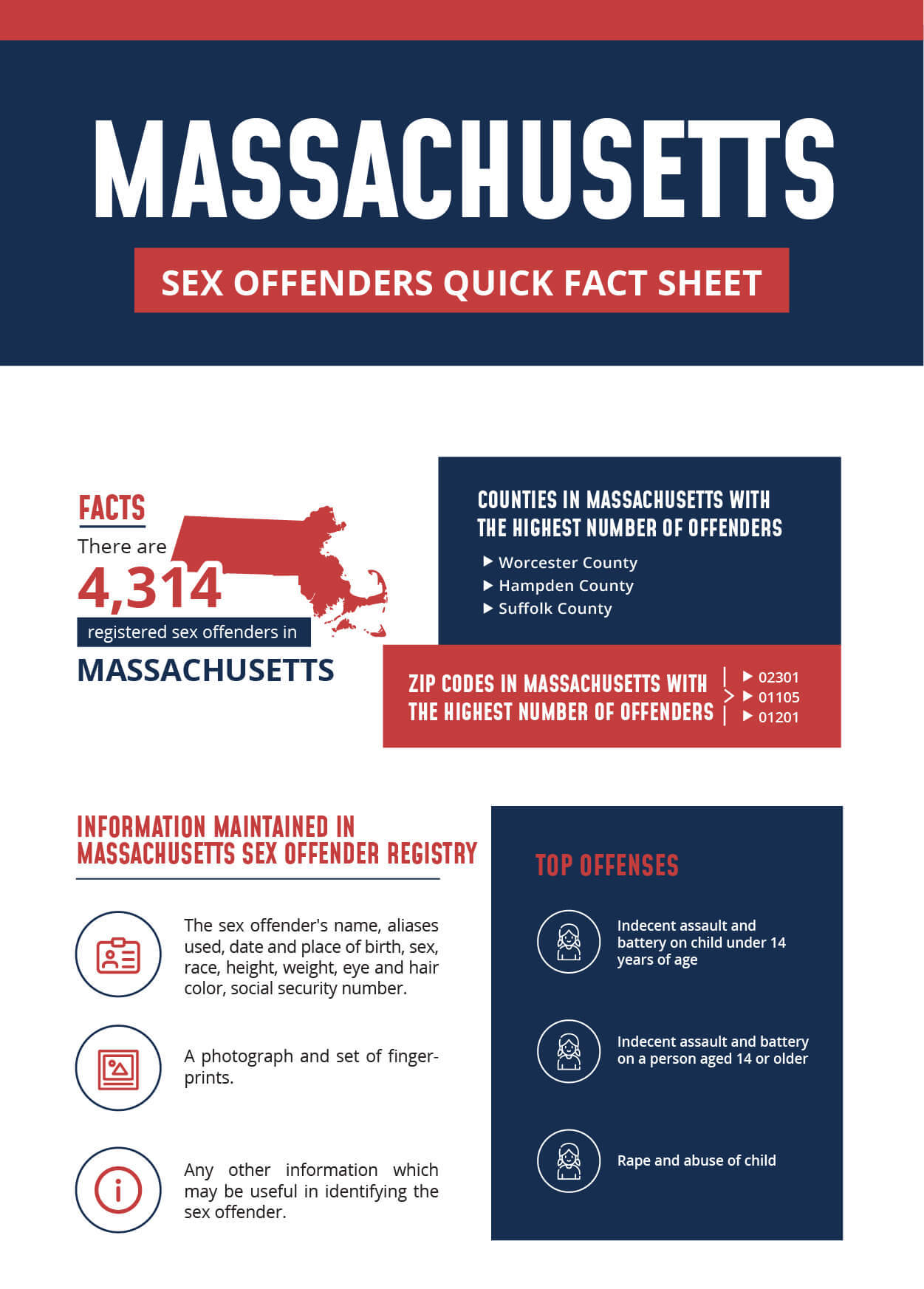
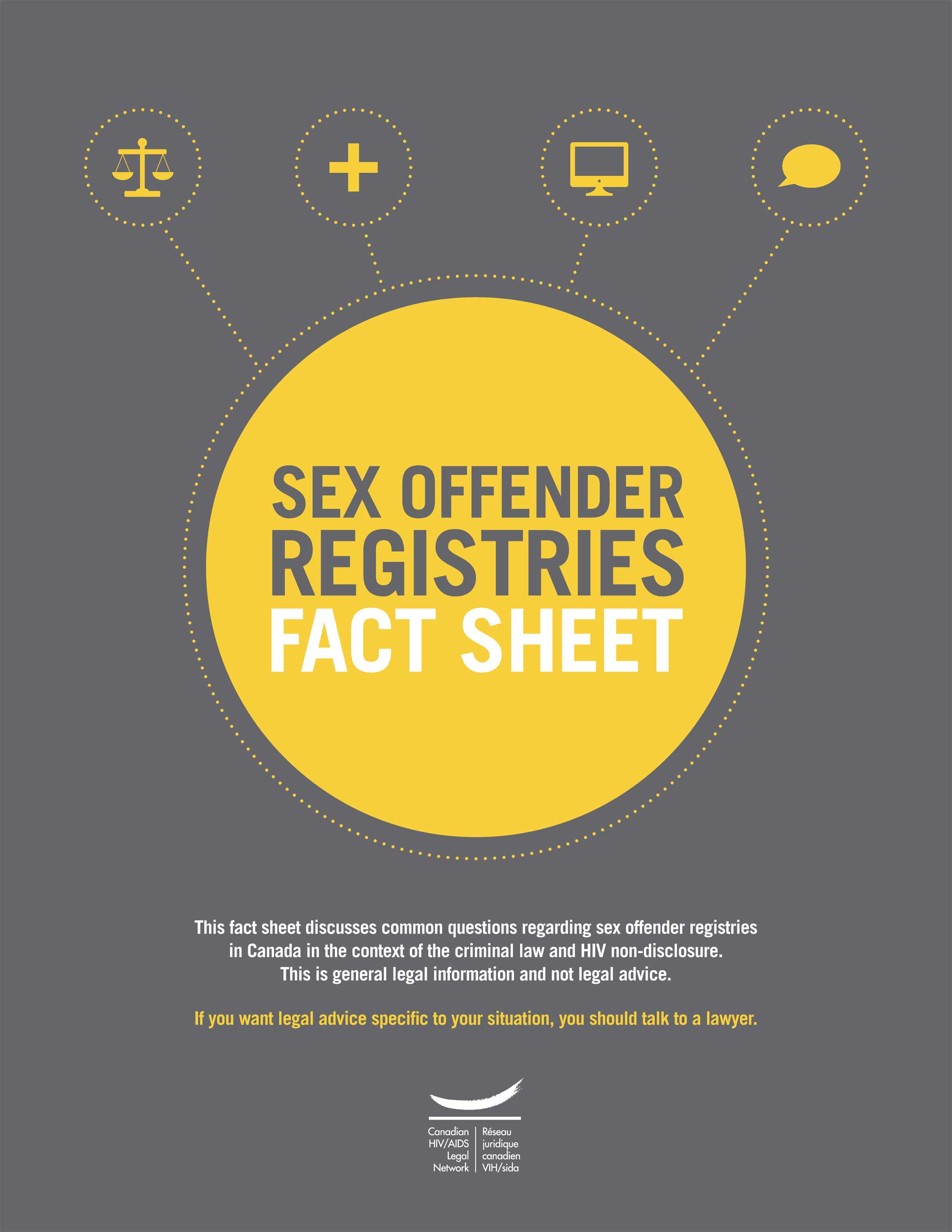
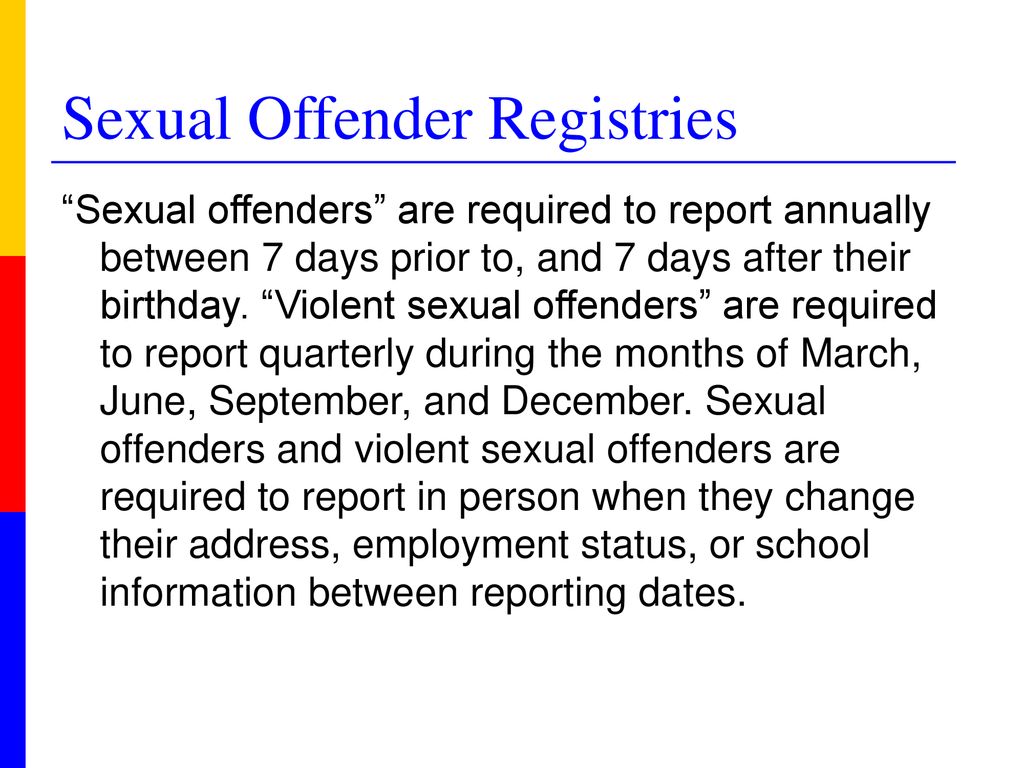
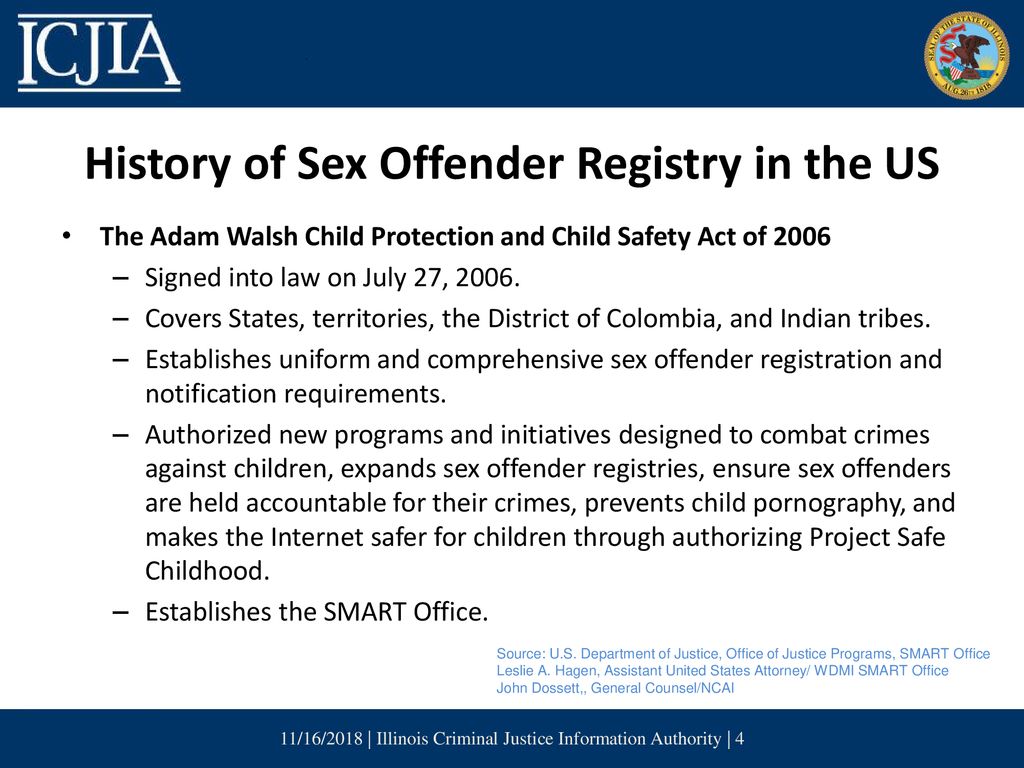
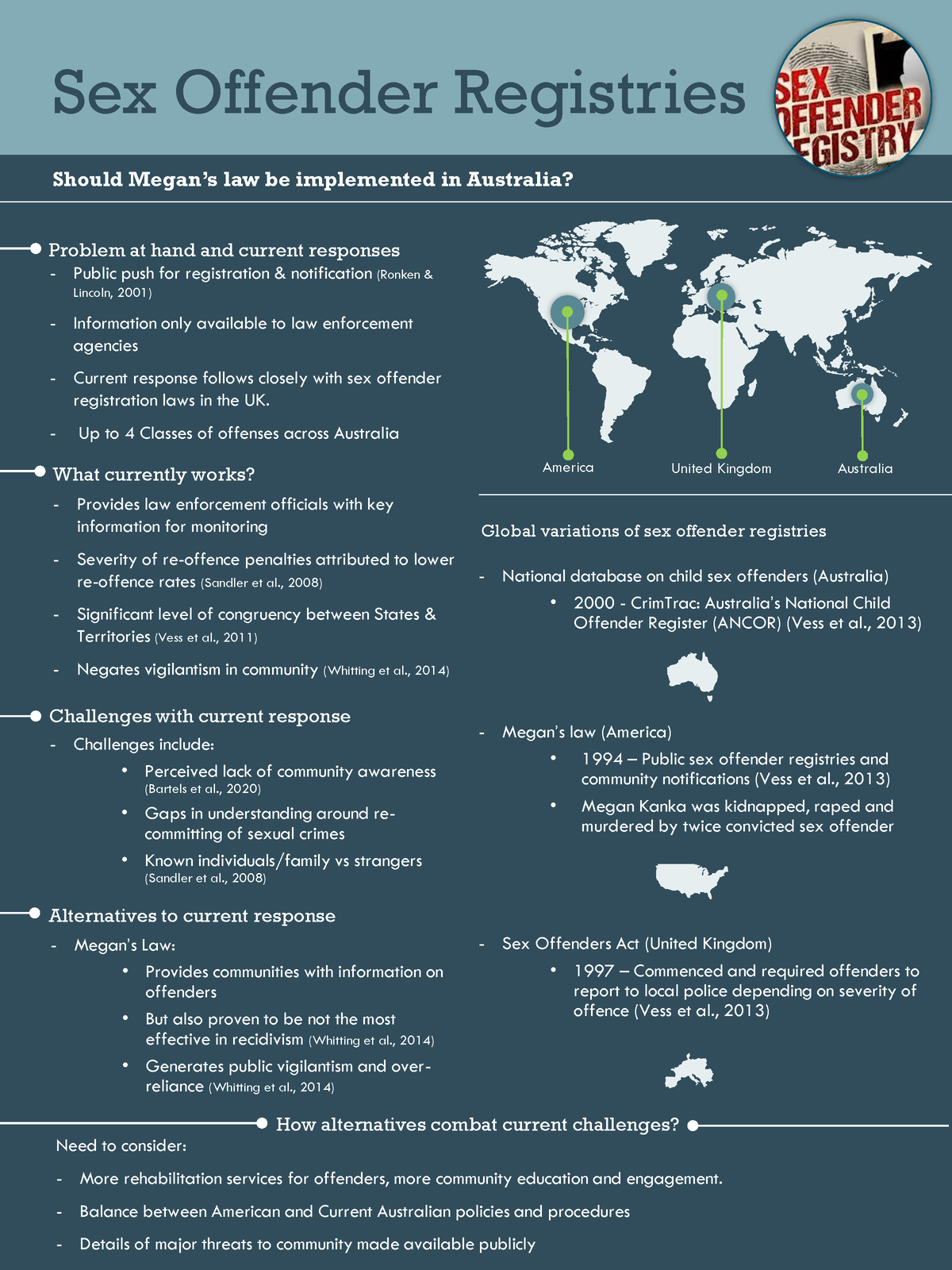


Closure
Thus, we hope this article has provided valuable insights into Understanding Sex Offender Registries: A Comprehensive Look at the Massachusetts System. We appreciate your attention to our article. See you in our next article!
